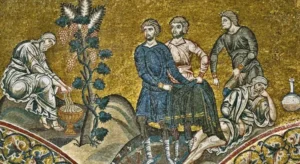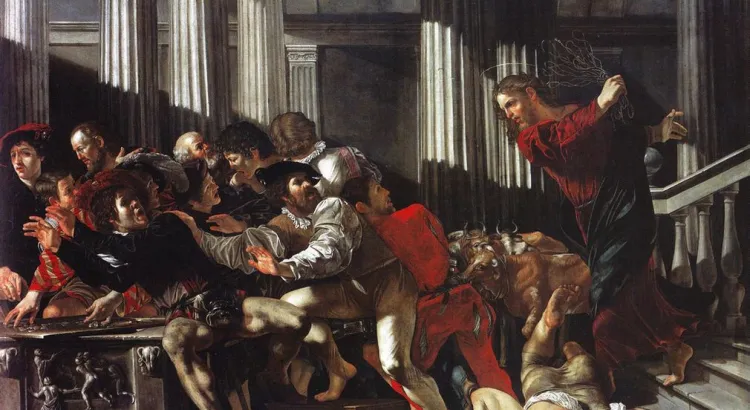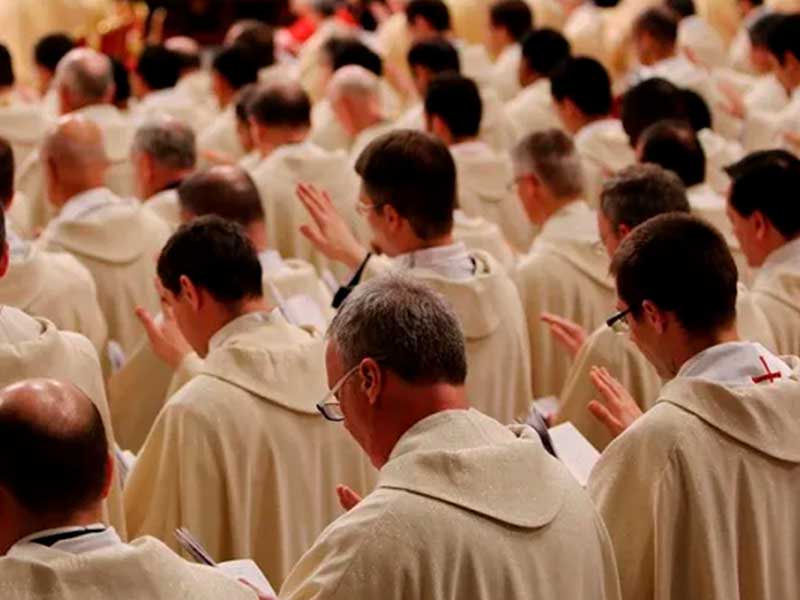Question:
What happens when a Catholic leaves the Church and goes to a separate group? What are the causes, if they were showing a love for the Church and then suddenly leave it, immaturity or lack of commitment? Thank you for your reflection.
Answer:
With respect to your question, I can tell you:
1. There are three forms of separating from the Catholic faith: heresy, apostasy and schism. “Incredulity is the neglect of revealed truth or the willful refusal to assent to it. ‘Heresy is the obstinate post-baptismal denial of some truth which must be believed with divine and Catholic faith, or it is likewise an obstinate doubt concerning the same; apostasy is the total repudiation of the Christian faith; schism is the refusal of submission to the Roman Pontiff or of communion with the members of the Church subject to him’ (cf. CIC, can. 751)” (Catechism of the Catholic Church, n. 2089).
2. A case of apostasy is that in which people, being Catholic, transfer to some sect (for example, Jehovah Witnesses, Mormons, etc.) or to evangelical groups, or to those referred to as “new religious movements” (like those pertaining to New Age).
Indeed, “the word apostasy means in general, separation or abandonment. This word can refer to any subject, but from the ecclesiastical point of view it is restricted to the separation from or abandonment of God” (A.R. Marín, Teología Moral para Seglares, t. I, B.A.C. Madrid 1996, p. 295).
3. The apostasy of the faith is the total abandonment of the Christian faith received in Baptism. When one formally apostatizes in a manner that is externally visible, it is a very grave sin and is punished by the Church with excommunication (cf. Code of Canon Law, canon 1364 § 1).
Some people only associate themselves with these sects or groups from curiosity; but this can also be a true act of apostasy, in others words, a formal abandonment of the Catholic faith.
4. What are the causes of abandonment of the Catholic faith? Luis de Moya establishes the following causes (cf. www.unav.es):
a) The religious search: man has a “need” for what is religious, for God, that is innate to him. When the traditional religions do not satisfy, with or without reasonable cause, sects, pleasure, power, etc. replace the absence of God.
b) Secularism or laicism: “the prevailing atmosphere”, by reaction, provokes the flight to “fresh air”, which, for some, is a sect.
c) The deficiencies in the pastoral responses of the traditional churches: The documents of the Magisterium of the Church invite us to see challenges or incitements in sects that should lead us to our true individual conversion and to pastoral renewal. The fall into massification, routine, bureaucratization, the shutdown of apostolic dynamism, the obsession with the material world, in the preferential option of focusing more on the poor using economic resources rather than on sinners, as if Jesus Christ had not been made flesh and died on the cross so that we might have life (supernatural) and have it abundantly (Jn 10:10).
d) Family and social deficiencies: through modern activism, the fascination with social media, etc.: The person isolates himself but the individual needs “to know they are loved”. It is a psychological and also theological necessity. This is what sects are for all or almost all their followers, at least in their beginnings.
e) The pursuit of novelty and the fascination with the new and fashionable: Christians have discredited the Christianity of old. On the other hand, sects are the novelty, on which historicism places more relevance, and in addition, lack a negative aspect of history.
f) Other causes: today, we are in the age of irrationalism, of the desire to feel something even in what is religious, which is an attitude that is not very compatible with faith or the Cross. And sects satisfy this “need”, such as the satanic and demonic sects, especially for people already tired of sex, alcohol, drugs, and are longing for strong experiences. The majority of the sects come from the United States or by way of the United States (originating from the Orient). Sometimes, they are a mode of maintaining imperialism of some ideological, economic, etc. groups, above all in Latin America.
Fr. Héctor Guerra, IVE
Original Post: Here
Other Post:
















